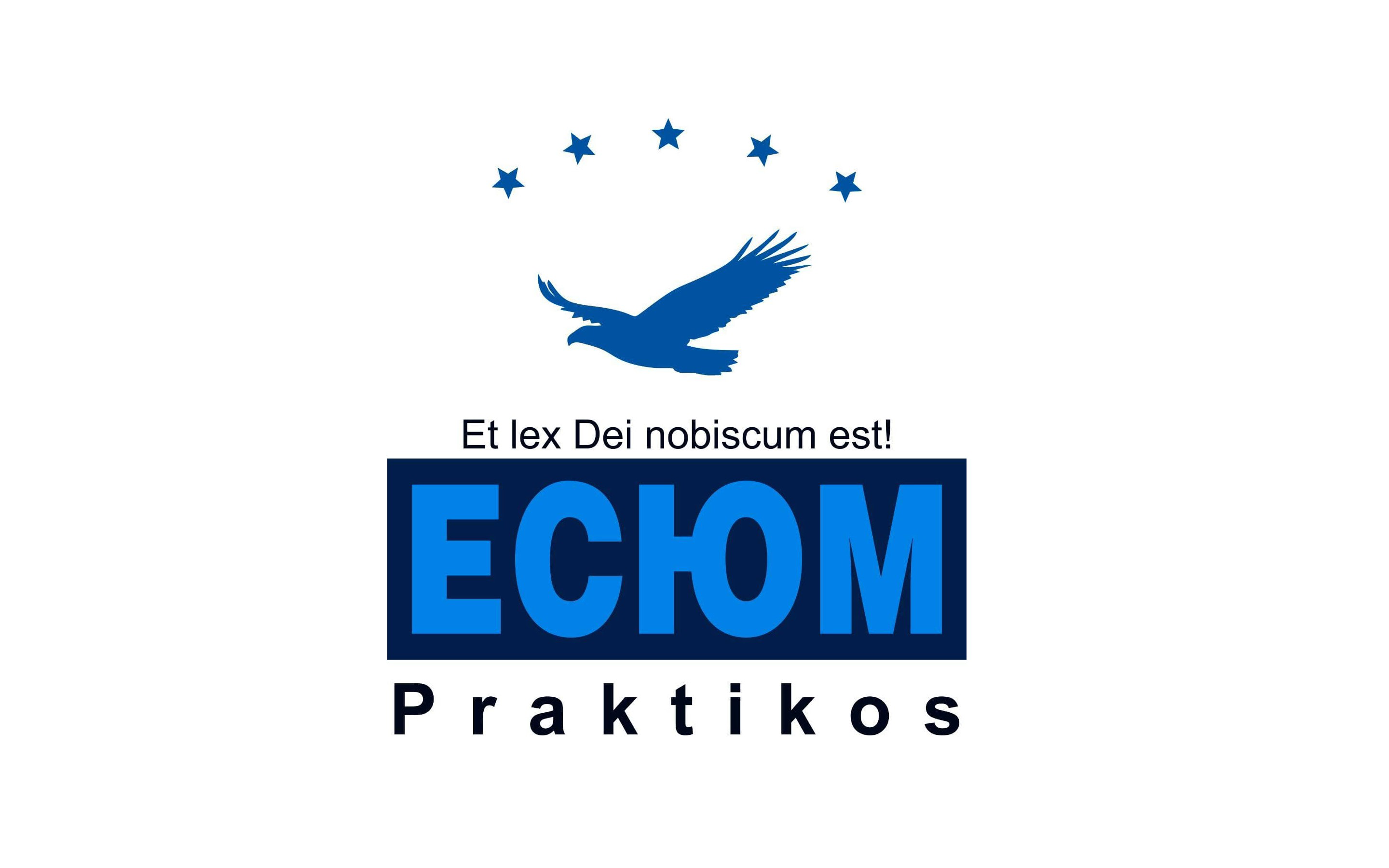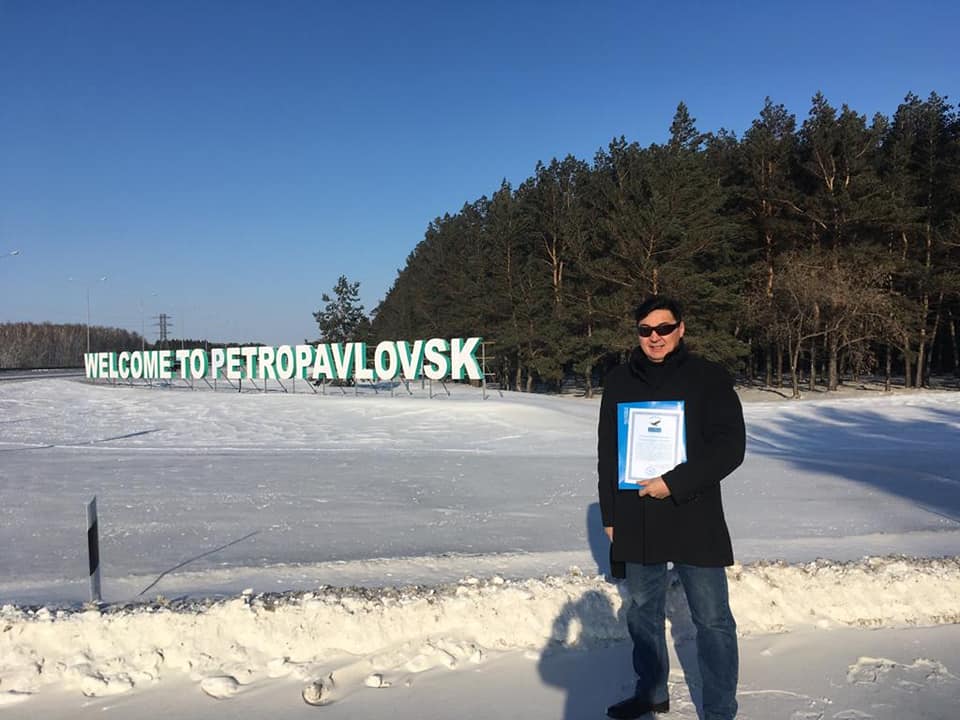Unlike the usual court proceedings, during which the court needs to find the culprit and establish the degree of his guilt and responsibility, mediation promotes reconciliation of opponents by reaching a mutually beneficial agreement.
The analysis of the mediation procedure and the trial clearly shows the significant advantages of mediation, which are as follows.
1. Unlike court proceedings (the process may begin against the will of one of the parties), the entry of both disputing parties into the mediation process is voluntary, and the mediator is freely chosen by the parties.
2. The parties do not take part in the decision-making at the court session - this is the function of the judge (the judge is appointed). In mediation, the parties themselves work out and make a decision. The mediator does not make any decisions about the disputed issue and does not give any recommendations (has no authority and only contributes to the development of a solution).
3. In court, the parties are obliged to obey the court decision, even if (as is often the case) one or even two parties are dissatisfied with this decision (the decision is made in strict accordance with the letter of the law). Mediation is a process in which nothing is decided without the consent of the disputing parties. In the course of it, all decisions are made only by mutual consent of the parties, and both parties voluntarily assume the obligations to fulfill the decisions they have taken jointly (the decision is made taking into account the interests of the parties, but within the framework of the law).
4. The task of the court is to determine which of the parties is right and who is guilty (or to divide the blame between them). Mediation is initially aimed at finding agreement; during it, the parties stop looking for the "right" and "guilty", and with the help of a mediator discuss various options for resolving the conflict and jointly choose the one that both consider the best.
5. The risk of mediation is minimal, since each party can refuse to continue the negotiation process at any time. Mediation takes place confidentially. In court, a party cannot terminate a court session at any time, and confidentiality is impossible in principle.
6. The mediation process is relatively short. This is an important advantage of mediation, especially in our conditions, when the courts are overloaded and the consideration of cases lasts for months, and sometimes years. In addition, mediation is much cheaper than traditional judicial procedures.











Kanat Sazakbaevich
President of the Republican Public Association "Eurasian Union of Lawyers and Mediators "Praktikos"
Olga Cholovinets
Director of the Branch of the Republican Public Association "Eurasian Union of Lawyers and Mediators "Praktikos" in the city of Almaty. Chairman of the Board of Directors
Gumarov Arman
Director of the Development